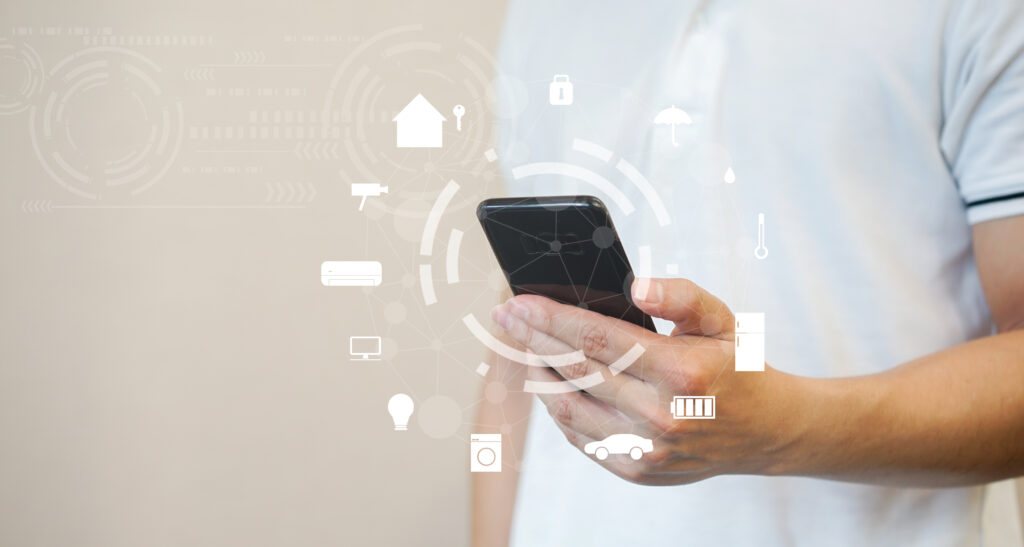Tim Darwall-Smith, Director, SBA Property Management

Digitalisation is transforming the property sector. The take-off of PropTech, the term used to describe the application of digital technology in the real-estate sector, has enabled new solutions to be found, and existing services to be enhanced.
Since the pandemic, the real estate industry has adapted to find new ways of servicing clients, accelerating its digital transformation. However, property remains one of the slowest markets to adopt complete digitalisation and has not yet reached its full digital potential, whereby technology is fully integrated to assist all of the needs of the sector.
The evolution of PropTech has seen a variety of new technologies introduced within the property management industry, including cloud, automation, and internet-connected services. These technologies have brought about new opportunities and benefits for property managers and their leaseholders. The automation of processes, enabled by the Internet of Things (IoT), provides the capability to create self-sustaining property management systems.
Through automating processes, operational efficiency is dramatically improved and allows property managers to improve their client engagement journey and satisfaction rates. Not only is the client benefitting from a more seamless and efficient process, but the property manager benefits from reduced time spent on recurring manual processes.
An example of this is smart self-service web portals, which have become popular tools for property management companies. Online portals allow managers to handle payments, sign agreements and leases, and other functions more efficiently, and with a reduced chance of error compared to manual operations.
For example, the e-signing of agreements has become a mainstream solution in the industry, with the market projected to grow on average at 26.3% annually from 2021 through to 2027.
PropTech tools go hand-in-hand with hybrid working, the new norm in our post-pandemic world. Online platforms and social media channels enabled via WiFi and 4G and 5G mobile connectivity allow leaseholders to stay up to date with new information about their property or tenancy.
Additionally, advanced connectivity solutions allow smart functions to be implemented within properties. Smart buildings have developed to include digital locks, controlled lights, and automatic temperature control to make for a smoother and more environmentally friendly living environment.
Artificial Intelligence (AI) has also enabled property managers to feed high volumes of data from tenants and receive outputs within seconds, allowing them to make more informed and cost-effective decisions regarding the effectiveness of their services.
To stay up to date with the endless advancements being made in the digital era, it is key that property management companies embrace new technologies to stay competitive and efficient. While there is still a way to go before digital property management becomes the mainstream, we are well on our journey to adoption.
At SBA, we understand the importance of digital advancement and will be streamlining our service with a new tenant management portal. A continued emphasis on personalised customer relations through technology, including improved communication, request management, customer service and loyalty, is the key to a successful future property management sector.